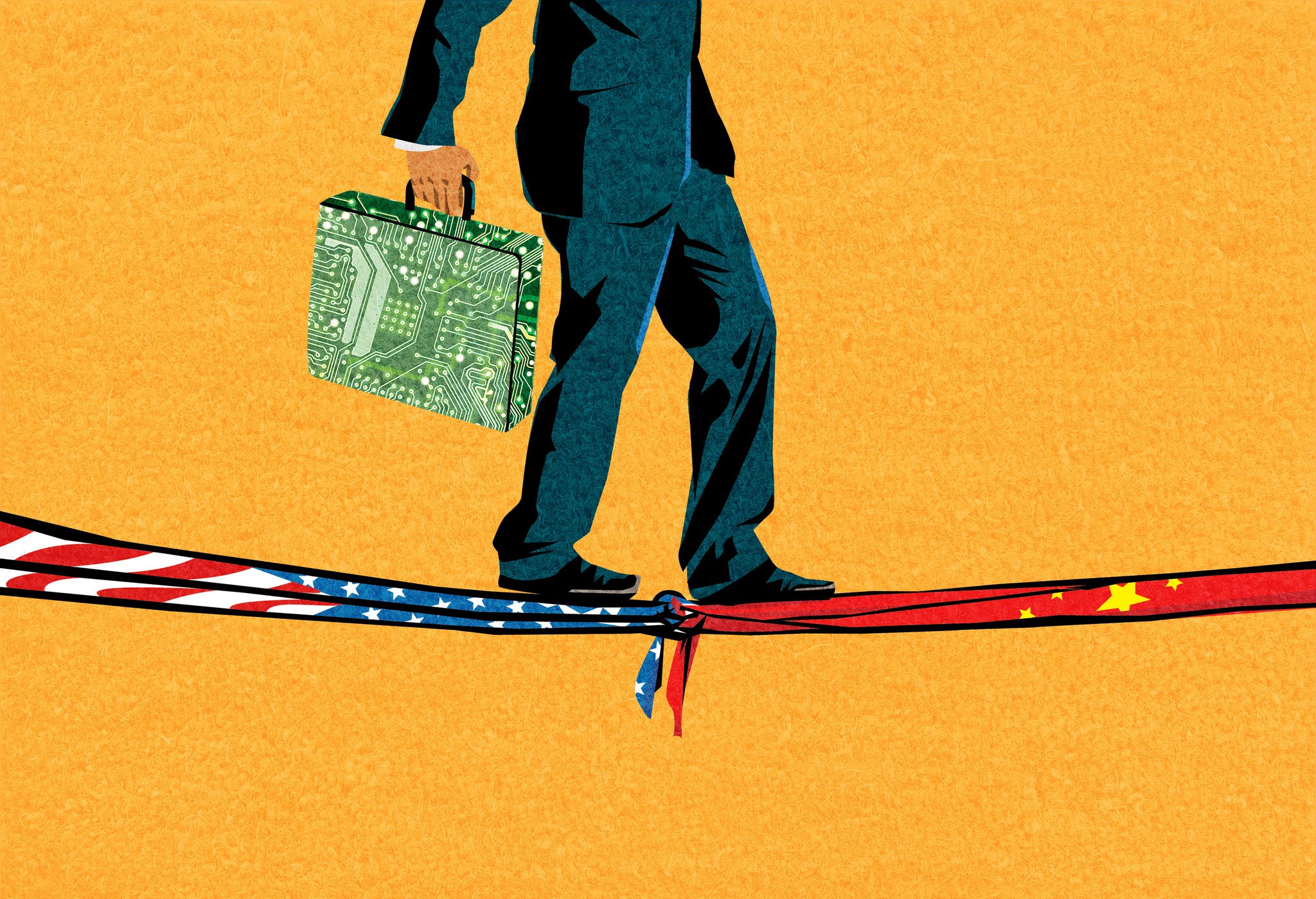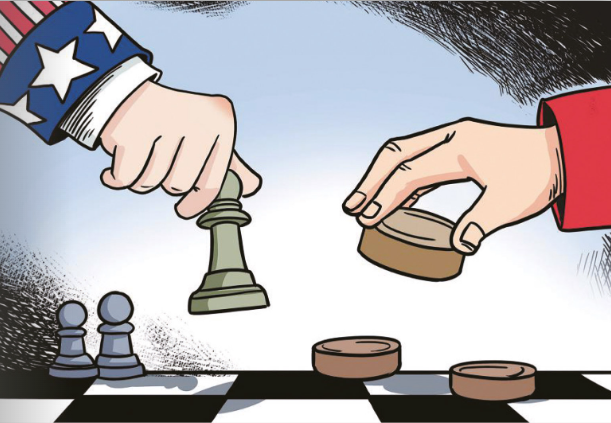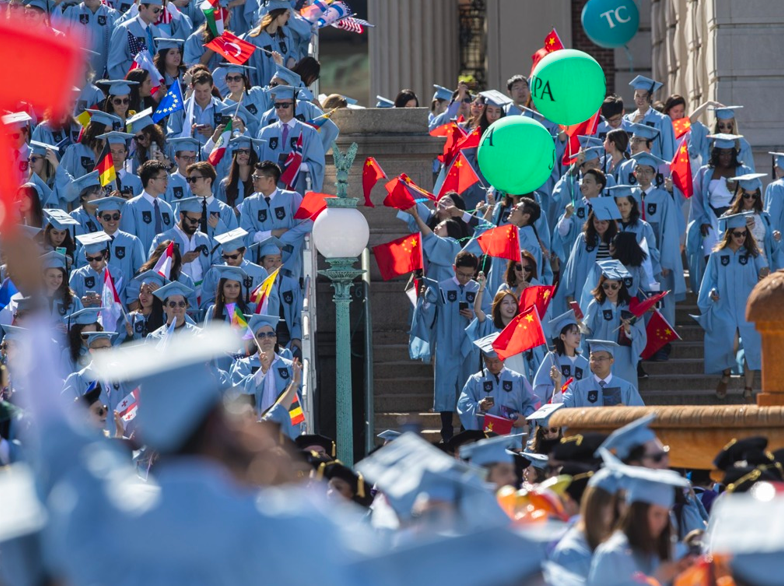
Zhao Minghao, Professor, Institute of International Studies at Fudan University, and China Forum Expert
Feb 29, 2024
The United States seeks to widen the technology gap with China as much as possible and thus will create more barriers for Chinese research and development. It may even try to push back some of the technological advancements China has made. China needs to prepare for greater pressure.

Feb 29, 2024
Summary of concepts presented by experts at Jan. 30 seminar hosted by the Charigo Center for International Economic Cooperation (CIEC)
Philip Cunningham, Independent Scholar
Feb 26, 2024
China’s newscasters have historically portrayed the U.S. in a negative light, but there has been a subtle shift in coverage since the Xi-Biden Summit in November. This highlights the significance of in-person dialogue and the need to continue finding areas of cooperation, as both sides recognize that the current disruption of trade and downward spiral of violence in the Mideast is not a winning scenario for either side.
Richard Javad Heydarian, Professorial Chairholder in Geopolitics, Polytechnic University of the Philippines
Feb 21, 2024
China-Vietnam relations saw a strategic shift after President Xi Jinping's significant visit to Hanoi, resulting in 36 cooperation agreements. Vietnam's approach balances economic development, military modernization, and diplomatic ties with the U.S., Japan, and the EU, emphasizing managing relations with China from a position of strength for long-term stability and development.
Zhong Yin, Research Professor, Research Institute of Global Chinese and Area Studies, Beijing Language and Culture University
Feb 20, 2024
America’s actions that are directly detrimental to China’s interests render China’s cooperation in some regions irrelevant. The good news is that China and the U.S. have agreed to strengthen cooperation. But to ensure concrete results, the U.S. needs to do more.
Han Liqun, Researcher, China Institutes of Contemporary International Relations
Feb 06, 2024
The way forward for China-U.S. relations involves a cognitive shift from guardrails — which are short-term in nature and designed to prevent the escalation of conflict — to boundaries, which are principled markers meant to fundamentally change perceptions and prevent the occurrence of conflicts in the first place.
Chen Jimin, Guest Researcher, Center for Peace and Development Studies, China Association for International Friendly Contact
Jan 29, 2024
To fully understand, one must take note of what China advocates and defends, as well as what it opposes. The logic is the same — to create a favorable international environment that will serve not only the great rejuvenation of the Chinese nation but contribute to global peace and development.

Li Yan, Director of President's Office, China Institutes of Contemporary International Relations
Jan 29, 2024
The complexity of relations between China and the United States and the polarization of U.S. domestic politics are expected to persist for the foreseeable future. In an election year, the danger is significant. The U.S. political ecosystem has the potential to send shockwaves through bilateral relations.
Zhong Yin, Research Professor, Research Institute of Global Chinese and Area Studies, Beijing Language and Culture University
Jan 22, 2024
Resuming genuine cooperation is the first step for any party that wants to pursue a stable and healthy relationship in the long-run. China and the United States must continue to carry out the spirit enshrined in the so-called San Francisco Vision.
Philip Cunningham, Independent Scholar
Jan 22, 2024
China and Russia’s maligned relationship looks on the surface to be a new axis of power against the U.S. - but by playing it safe, China seeks to reap the benefits of Russia’s favor without offending the West.
Back to Top

- China-US Focus builds trust and understanding between the U.S. and China through open dialogue among thought leaders.
- Our Offerings
- Topics
- Videos
- Podcasts
- Columnists
- Research Reports
- Focus Digest
- Stay Connected
-
Thanks for signing up!
- Get the latest stories from China-US Focus weekly.